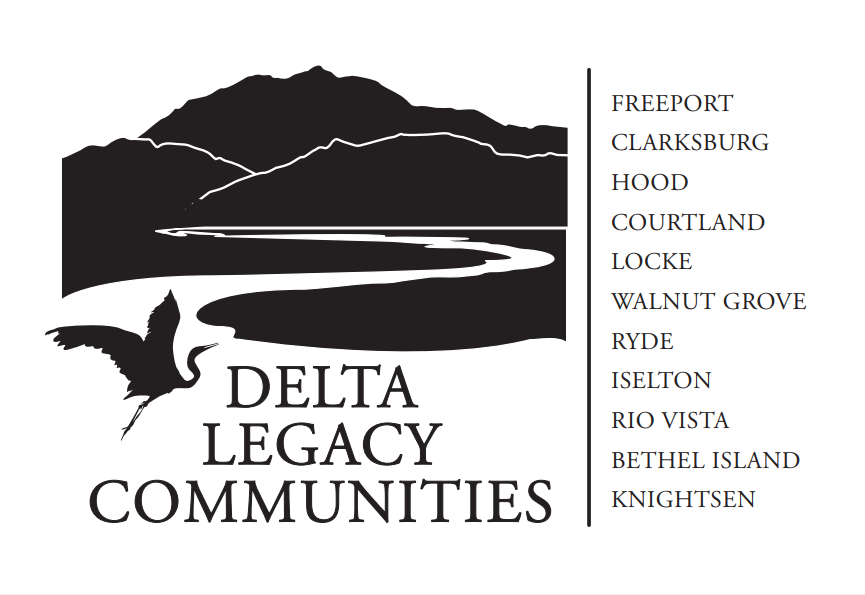Could damages from Oroville Spillway cases bankrupt the State Water Project?
The consolidated Oroville Spillway cases are currently scheduled to go to trial in April of 2021. A large judgement for monetary damages could potentially bankrupt the State Water Project, according to filings by the Department of Water Resources. The City of Oroville has a pending claim for costs of the evacuation, damage to city infrastructure, and loss of revenue from tourism. PG&E and several farmers have pending claims for damage to property. A class action suit for the 188,000 evacuees was denied certification, but an appeal is pending. The Butte County District Attorney also has a huge pending claim for violations of the Fish and Game Code.
In February 2018, Michael Ramsey, the Butte County District Attorney, filed a claim for environmental damages under an 1875 mining law that charges $10 a pound for dumping debris in rivers. The disintegration of the Oroville spillway sent 3.4 billion to 5.1 billion pounds of debris into the Feather River, so damages could be as high as $34 to $51 billion.
Ramsey is known for filing criminal charges against PG&E in the Camp Fire. Ramsey convened a special investigative criminal grand jury, which returned an indictment of one count of recklessly causing the Camp Fire as a result of its gross negligence, and 84 individual counts of involuntary manslaughter naming each of the persons killed in the Camp Fire. PG&E pled guilty to all charges in June 2020. PG&E also paid $13.5 billion in damages, and declared bankruptcy.
The Oroville Spillway cases could similarly impact State Water Project finances. Many state water project contractors, including Metropolitan Water District of Southern California, the Santa Clara Valley Water District and Kern County Water Agency, have sought to intervene in the cases, claiming that a large judgement would create a crisis for funding the State Water Project. The State Water Contractors’ brief states:
DWR has no present plan to absorb the judgment sought in this action while preserving Contractors' interests in imported water supplies, managing complex water portfolios, meeting water supply and management obligations, and gaining the benefit of Contractors' respective, significant financial investments in the SWP over the past 60 years.
The State Water Project contractors have previously objected to DWR increasing SWP charges to pay for damages for the Oroville Spillway incident. The State Water Project contracts have a clause exempting the contractors from liability for any damages for loss of control of water above their turnout on the California Aqueduct
DWR's Enterprise Accounting Branch Chief, Lisa Toms, stated in a supporting declaration that a large judgement for monetary damages would deplete DWR’s operating funds:
DWR relies upon an operating account and operating reserves of approximately $300 million, as of August 2020, to fund SWP costs pending reimbursement by the 29 public water agencies. A large judgment of several hundred million dollars, not to mention a billion dollars or more, would deplete those operating funds and reserves and have a substantial negative impact on the SWP by absorbing essentially all of the financial resources that DWR uses to fund capital, operation, maintenance and replacement costs.
It is unclear how the Department of Water Resources proposes to pay for the $15.9 billion Delta tunnel project and still meet its obligation to pay capital, operation, maintenance and replacement costs for the State Water Project. Delta Legacy Communities, Inc. has previously objected to DWR shifting these costs to taxpayers.
This post was updated on 11/24.
